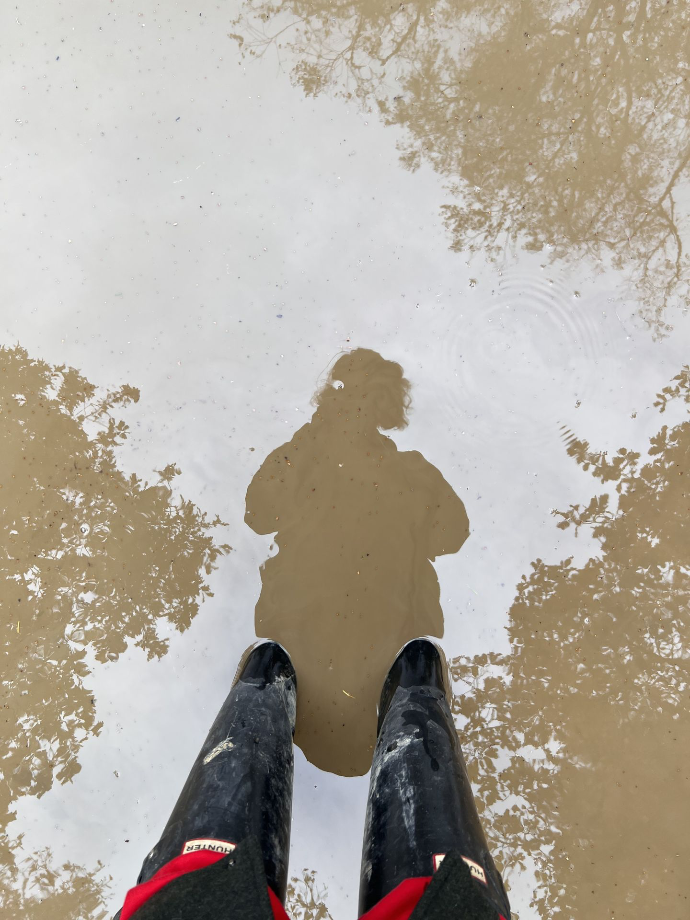About Craniosacral therapy
Providing a counterbalance to daily stress
Stress significantly impacts various aspects of health, often manifesting in physical, emotional, behavioral, and cognitive ways. Stress doesn't have to be a huge event, it can include micro-irritations that build up over the day. Our nervous systems are primed to move swiftly between moments of acute stress and then relaxation, not to get stuck in chronic stress states. This can impact our body in many ways:
Increased heart rate, rapid breathing, muscle tension, and energy surges due to the "fight or flight" response. Which can tire the body systems and lead to issues such as raised blood pressure, weakened immune system, disregulated digestive system, anxiety and overwhelm, chronic fatigue etc.
We can adopt many different coping strategies such as over/under-eating, anger issues, substance abuse, withdrawal from social situations, procarastination, etc. These can impact our friendships/relationships and work life.
It doesn't just affect the individual; it can trickle down to family dynamics, affecting children who may sense and internalize parental stress, potentially leading to emotional or behavioral challenges.
The gentle way that Craniosacral work directly interacts with the nervous system can be a great support in reducing stress and improving both mental and physical symptoms.


Alleviating postural strains
Dr A T Still invented the term osteopathy by blending two Greek roots - osteon for bone and pathos for condition in order to communicate his theory that disease and physiologic dysfunction were grounded in a disordered musculoskeletal system. Accordingly, by diagnosing and treating the musculoskeletal system, he believed that physicians could treat a variety of diseases and spare patients the negative side-effects of drugs.
Contemporary habits including hours sitting down or on screens mean the position of the head and upper spine in forward position increases tension in the posterior muscles (e.g., trapezius, levator scapulae) and compresses anterior structures. This imbalance disrupts the even distribution of forces, leading to chronic pain and reduced flexibility. Prolonged sitting disrupts the balance between the hip flexors, glutes, and lumbar spine. Tension and compression forces become asymmetrical, destabilizing the spine and weakening the core's role as a stabilizing hub.
Fascial tissue adapts to prolonged poor posture by thickening in areas of chronic stress. This adaptation reduces fascial elasticity and responsiveness, impairing the body's ability to distribute forces efficiently and increasing vulnerability to injury.
Craniosacral work can address these issues enhancing overall function and reducing discomfort.
More on Sara Kramer
dedicated to wellbeing

Lover of art, photography and nature

Protector of three fur babies

Mother to three incredible teens/near teen who have taught me the importance of being a life-long learner

The lady who forces me to go out in all weather and see the beauty of all of it